Terry
Irwin
Head of the School of Design,
Carnegie Mellon University
Pittsburgh
Exposició temporal
23.03.18 – 13.05.18
Entrada gratuïta
Museu del Disseny de Barcelona
Pl. de les Glòries, 37
08018 Barcelona
Design
Does*
Forum
Beyond borders was the concept and beyond borders it went; the Design Does Forum, celebrated in the frame of the Design Does project/exhibition between the 4th and the 6th of April, 2018, in Barcelona, was an open space to talk about humans, society, values, technology and, of course, how these topics are going to evolve in the future.
Amongst the many issues speakers such as Anne Quito from Quartz and Julius Wiedemann from Taschen tackled, the ethical responsibilities, Artificial Intelligence and its repercussion were predominant in the values area, as well as feminism and the role of women in Design, a topic that, even though it wasn’t specifically addressed on the schedule, came up spontaneously and was widely discussed. On another hand, mixing storytelling and fiction as a way of building compelling designs was also a conversation that got a fair amount of attention.
Overall, Design was taken as a way of seeing and solving, of proposing and taking responsibility in a forum that was attended by many and that opened new paths and ways of thinking to upcoming ideas.
How are the global challenges faced by our planet
shaping the futures of design?
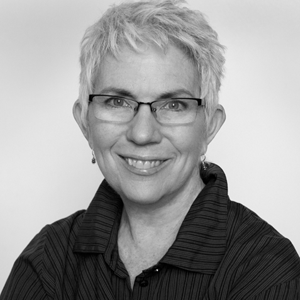
Terry
Irwin
Head of the School of Design,
Carnegie Mellon University
Pittsburgh
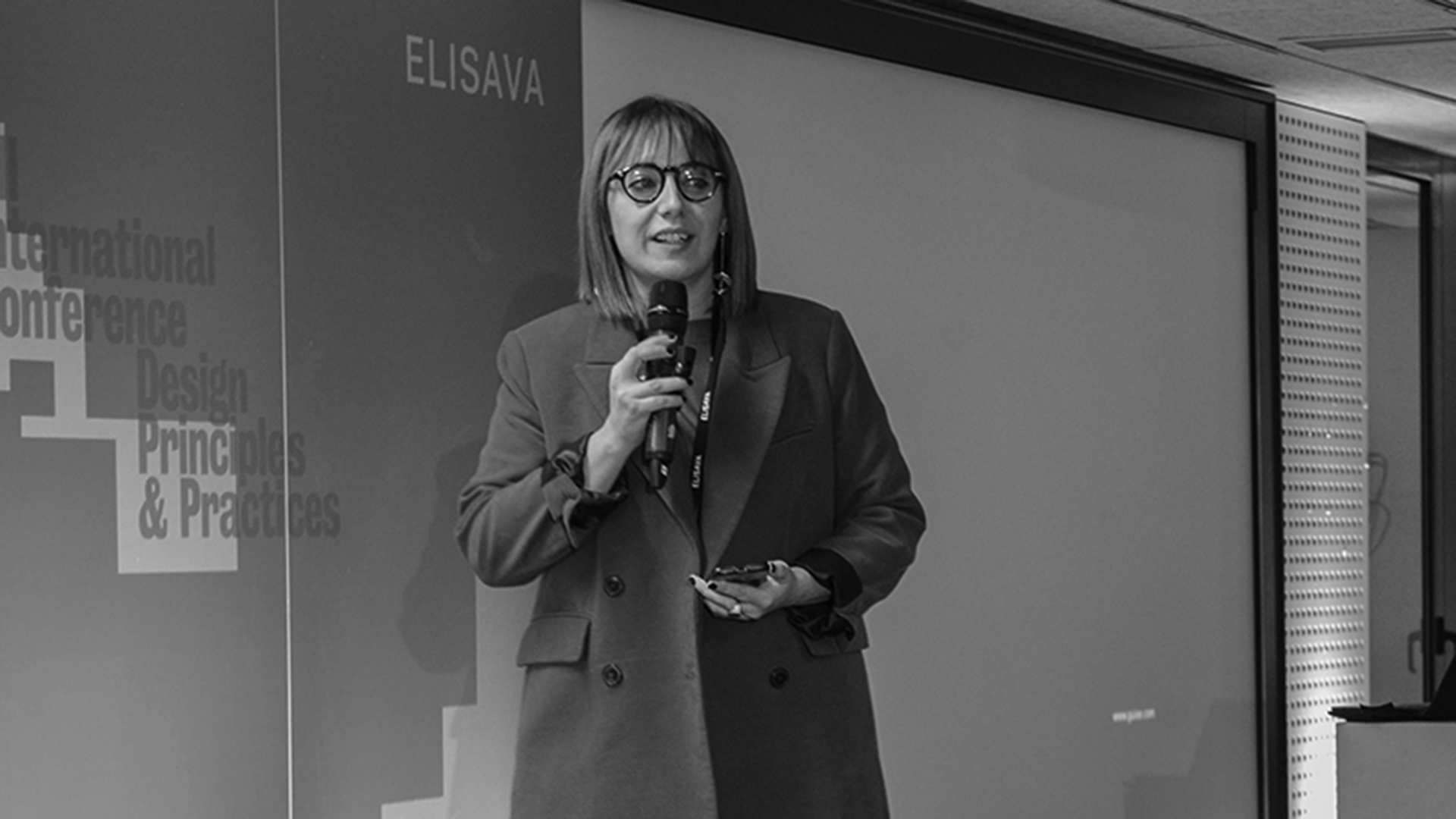
Arianna
Mazzeo
Director of the MasterLAB Service Design Systems
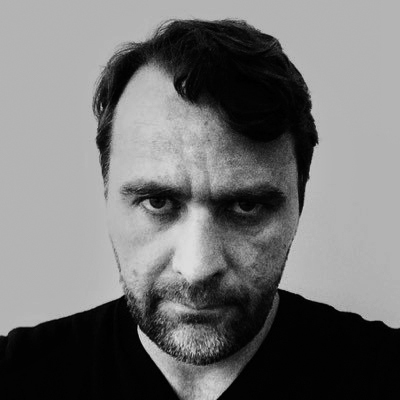
Julius
Wiedemann
Executive Editor, TASCHEN
Cambridge
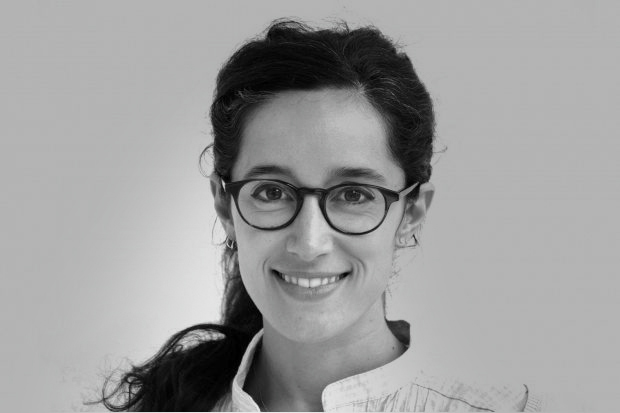
Laia
Mogas-Soldevila
Architect, Researcher
MIT Architecture, MIT MediaLab, TUFTS BME
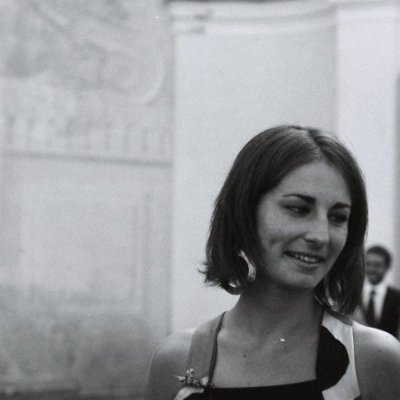
Mathilde
Marengo
Head of Studies, IAAC – Institute for Advanced Architecture of Catalonia
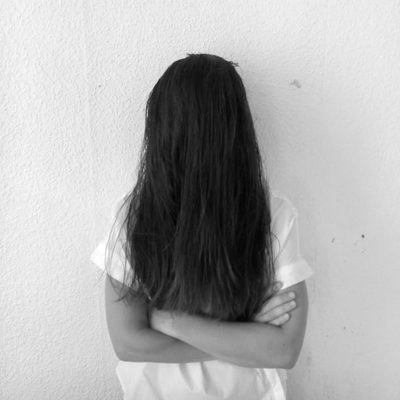
Joana
Moll
Artist and Researcher
Barcelona/Berlin
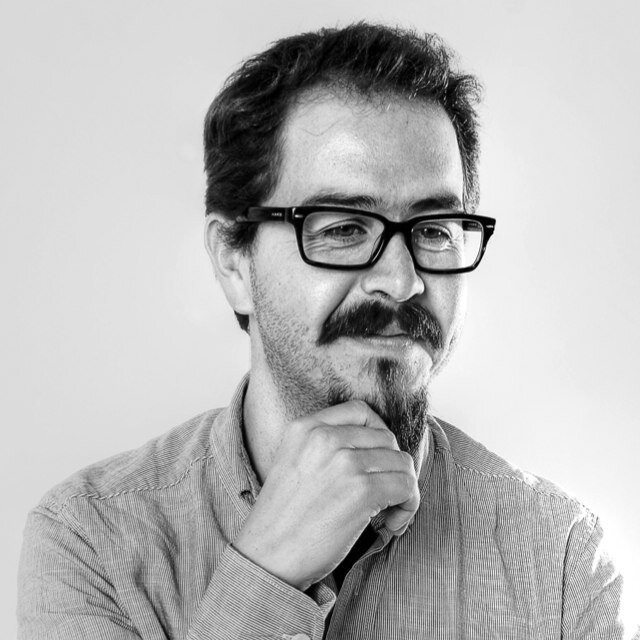
Jorge
Camacho
Head of Strategy, Uncommon
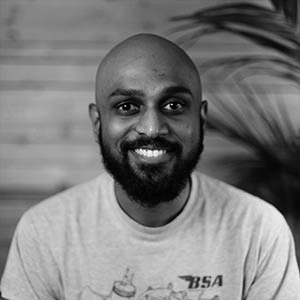
Harsha
Vardan
Design Lead, Ustwo Auto
London
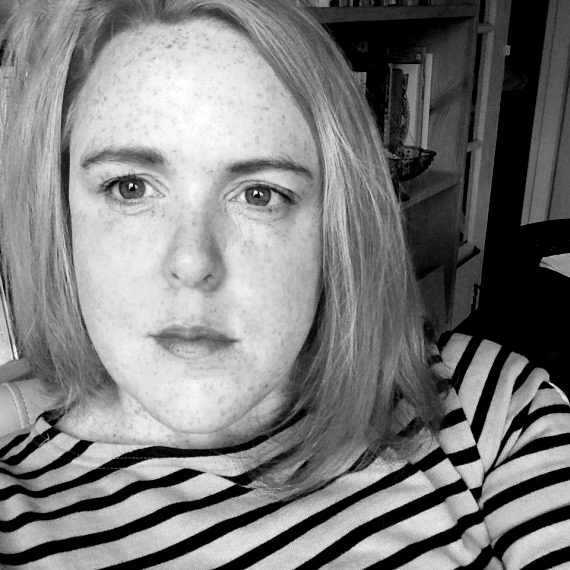
Georgina
Voss
Co-founder, Supra Systems Studio
at London College of Communications
London
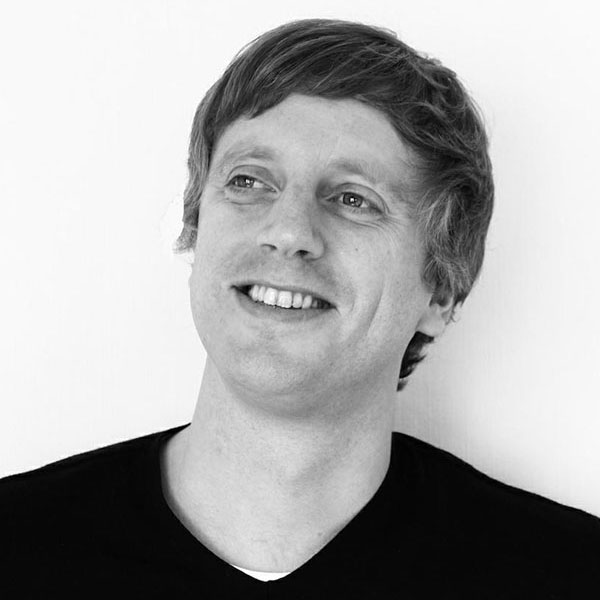
Fabien
Girardin
Co-CEO at BBVA Data & Analytics
Co-founder of Near Future Laboratory
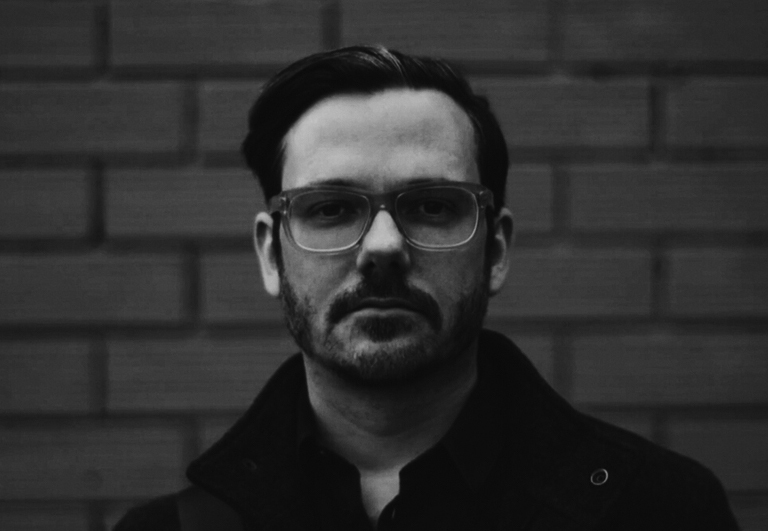
Alexander
Scholz
Founder and Creative Director, HOLO Magazine
Contributing Editor, Creative Applications Network
Berlin
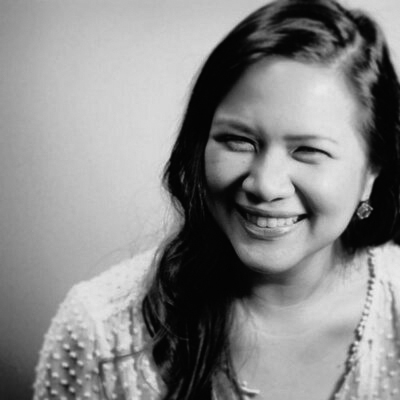
Anne
Quito
Design Reporter, Quartz
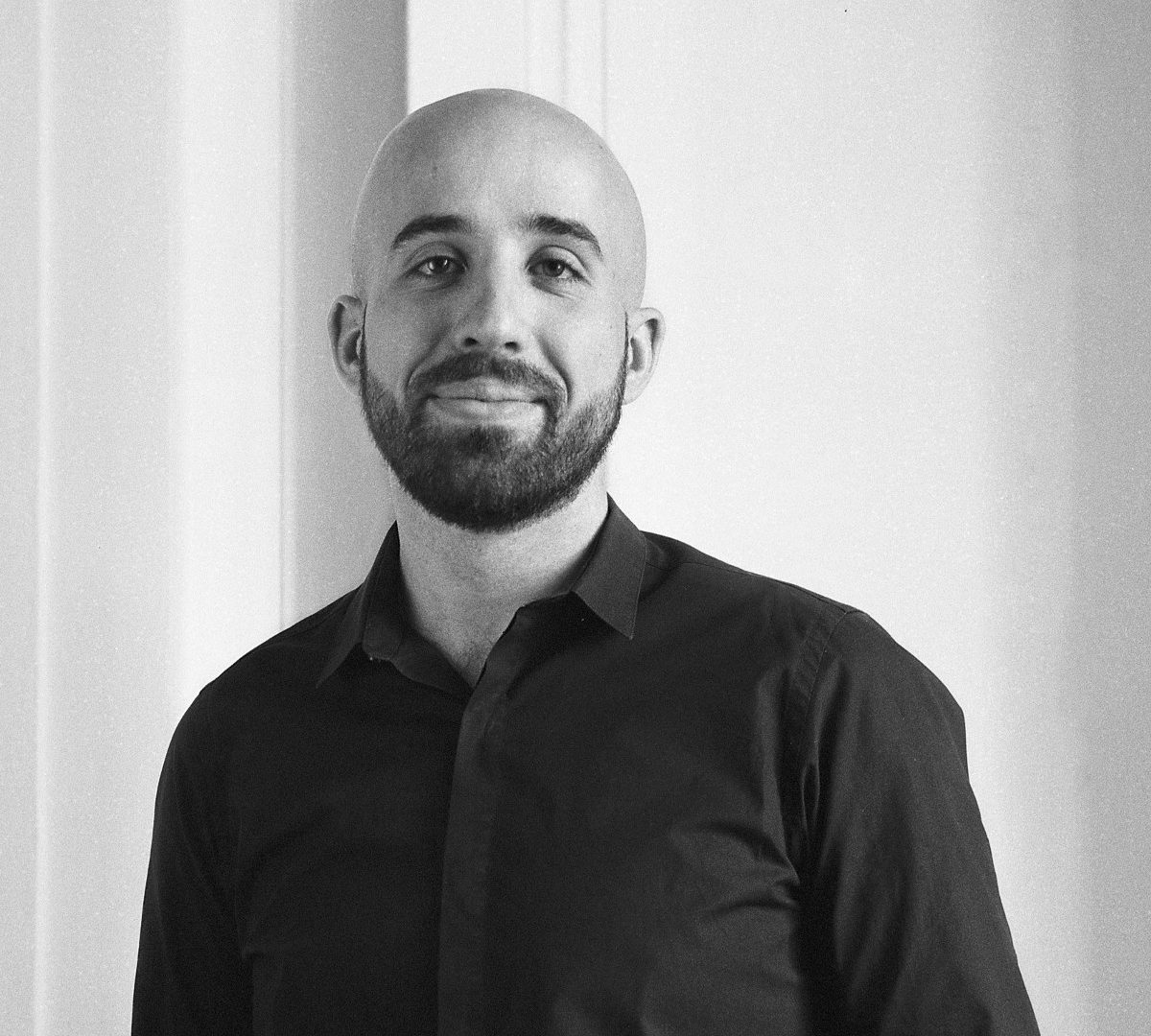
Gauthier
Roussilhe
Designer, writer and student,
Goldsmiths University in Design
London
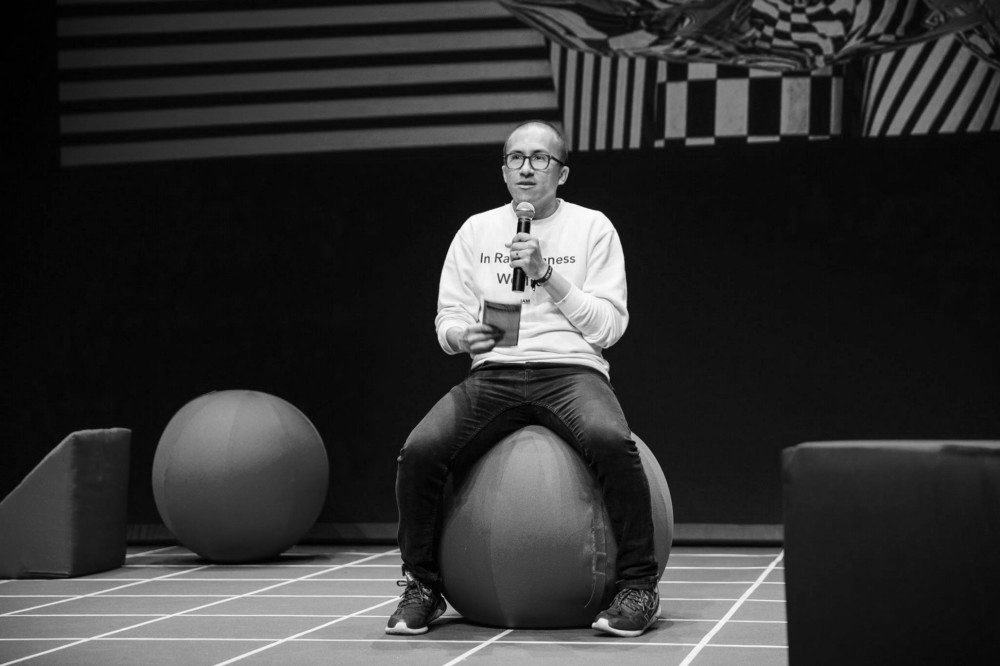
Andres
Colmenares
Co-founder, IAM
Barcelona
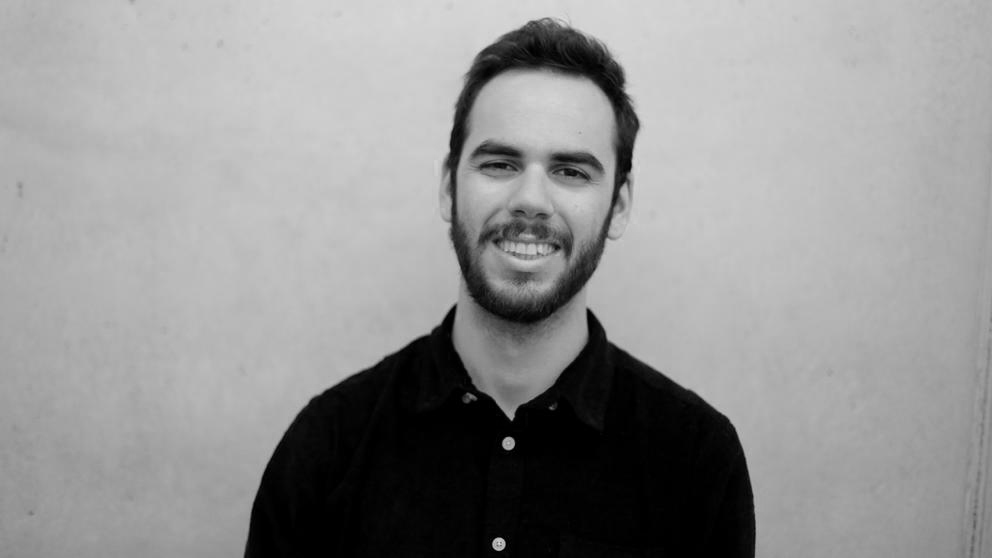
Pau
Garcia
Founder, Domestic Data Streamers
Barcelona
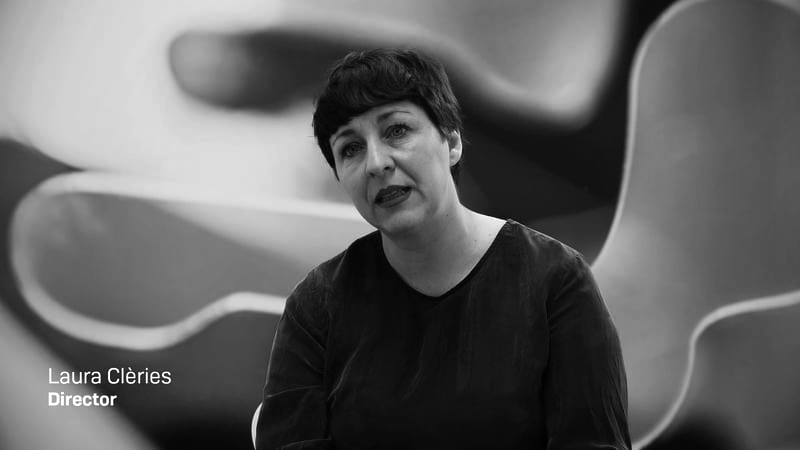
Laura
Clèries
Head of Elisava Research
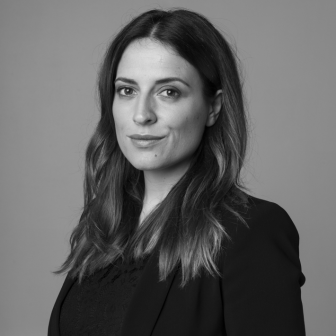
Mara
Balestrini
Human Computer Interaction (HCI) researcher & CEO of Ideas for Change
Terry Irwin
Head of the School of Design, Carnegie Mellon University
DAY 1: WED. April 4th
19:40–20:15
Opening Keynote
Head of the School of Design,
Carnegie Mellon University
Pittsburgh
Terry Irwin is the Head of the School of Design at Carnegie Mellon University and has been teaching at the University level since 1986. Her research is in Transition Design, a new area of design study, practice and research that argues for societal transition toward more sustainable futures. Terry, along with Gideon Kossoff and Cameron Tonkinwise developed Transition Design and integrated into programs and curricula at the School of Design in 2014.
Terry has been a practicing designer for more than 40 years and was one of the founding partners of MetaDesign, an international design firm with offices in Berlin, London, San Francisco and Zurich. She served as the Creative Director of the San Francisco office from 1992 to 2002 and worked with Fortune 500 clients such as Nike, Apple Computer, Hewlett-Packard, Barclay’s Bank, Ernst and Young (EY), Nissan, Sony, and Berlin’s Transport company, BVG. MetaDesign worked on projects in the areas of computer software and interface design, brand identity systems, exhibition and way finding and information design.
In 2003 she moved to Devon, England to undertake a Masters Degree in Holistic Science at Schumacher College, an international center for ecological studies. After completing her studies, she joined the faculty at Schumacher and taught ecological design thinking and design process to students with backgrounds in biology, ecology, physics, sociology and activism. This experience convinced her that large, complex problems can only be solved by transdisciplinary, collaborative teams and that design has a powerful role to play as a catalyst for positive social and environmental change.
In 2007 Terry moved to Scotland to undertake PhD studies at the Centre for the Study of Natural Design at the University of Dundee. In Dundee, Terry taught on the masters and undergraduate programs in design until 2009 when she moved to Pittsburgh to take up the post as Head of School at CMU.
Terry has held faculty positions at Otis Parsons School of Design, Los Angeles (1986-1989), California College of Arts & Crafts, San Francisco (1989-2003) and the University of Dundee, Scotland (2007-2009). She has guest lectured and taught at numerous schools in Europe and North America including Art Center College of Design, Los Angeles, The University of Washington, Seattle, Arizona State University, Tempe, Virginia Commonwealth University, Richmond, North Carolina State University, Raleigh, Rhode Island School of Design, Providence, University of the Arts, London, The Free University of Bolzen-Bolzano, Italy and the ICIS Centre, Denmark, among others. She holds a masters degree in design from the Basel School of Design, Switzerland.
From 2010 to 2013, Terry led a series of faculty retreats and work sessions to redesign curricula at the School of Design to place design for society and the environment at the heart of its program. The School launched all new programs and curricula in fall, 2014.
Terry lives with her husband, Gideon Kossoff, a social ecologist and design theorist in Pittsburgh. Her research and teaching materials on Transition Design can be found on her Academia.edu site.
Arianna Mazzeo
Director of the MasterLAB Service Design System
DAY 1: WED. April 4th
19:40–20:15
Opening Keynote:
‘Impact Through Design’
Director of the MasterLAB Service Design Systems
Arianna is a Design Researcher and Social Digital Innovation Professor. She both teaches in Harvard Seas as well as at ELISAVA as Director of the Masterlab in Service Design Systems. Involved in European Innovation Projects since 2000, she is the Head of the International Relations of ELISAVA, also coordinates under the frame of the Open Design Program, the first European Open Design School based on the open culture values, collaboration and co-design with community.
With a PhD in Design Ethnography, she is responsible for the International design research group CAMBIO/Changes, that fosters inclusive leadership impact in design education through design research experimental format and introducing a new learning format in design education. From September 2017, she leads with Ezio Manzini the DESIS Lab ELISAVA and DESIS Network. “Design for City-Making. Collaborative Cities”, to explore how cities can play a role in generating or regenerating urban commons.She has worked in Cameroon, Mexico, Turkey, Armenia, and South Africa on social digital innovation programs and local government policy agenda, in order to re-design and re-think design education through new open educational resources (OER) and new learning format, outside the classroom, in the city as the open lab of opportunities for all.
She regularly collaborates with other universities such as Carnagie Mellon, Politecnico di Milano, Parsons School of Design, George Brown College Toronto, Royal College of Art and Sapienza University of Rome, as well with Victoria and Albert Museum, European Social and Economic Committee, EU JCR PolIcy Lab, United Nations, Municipality of Barcelona and Open Design Festival Capetown.
Julius Wiedemann
Executive Editor, TASCHEN & Forum Host
DAY 2: THU Apr. 5th
10:00-10:15
Opening remarks
Executive Editor, TASCHEN
Cambridge
Julius Wiedemann was born in Brazil, where he studied design and marketing, and has lived and worked in Japan, Germany, and the UK. An eclectic expert on design based visual culture, Wiedemann has produced books on a range of topics, from robots to record covers. He holds the positions of Executive Editor for Design and Pop Culture at TASCHEN. Wiedemann studied graphic design and marketing and was an art editor for newspapers and design publications before joining TASCHEN in 2001.
Wiedemann has edited over 40 books in 10 years, he is a regular contributor to magazines, and has been on the jury of several awards all over the world. His publications have sold more than 1.5 million copies worldwide, and his titles are immensely popular. As an editor his work is grounded in an interdisciplinary approach to contemporary design, synthesizing a vast array of topics, including logo design, fashion design, graphic design, web design, and product design. Underpinning many of his books is a desire to understand creativity and explore the nature of reality in a world that increasingly takes place online and is populated by characters and creatures not entirely human but of our creation. The wonders of animation, manga, and computer graphics fascinate and inspire him.
Julius Wiedemann’s TASCHEN titles include the celebrated series Illustration Now! a staple of any designer’s bookshelf, as well as the compendium 100 Illustrators. He has also edited the Package Design Book collection. His award-wining Jazz Covers and Rock Covers books showcase his editorial variety and his publication on National Geographic magazine’s infographics demonstrates how wide his design knowledge and appreciation extends.
Laia Mogas-Soldevila
Architect, Researcher, MIT Architecture, MIT MediaLab, TUFTS BME
DAY 2: THU Apr. 5th
15:00-15:45
Session 3: Industry*
Perspectives
Architect, Researcher
MIT Architecture, MIT MediaLab, TUFTS BME
Laia Mogas Soldevila is a licensed Architect and experienced Researcher interested in biological material systems and novel material practices in design.
She is currently a researcher completing her PhD at Tufts University’s Biomedical Engineering SilkLab. She has previously has worked at the MIT Media Lab Mediated Matter Group with Prof. Neri Oxman focusing on design and digital fabrication of natural material systems, at the MIT SUTD Robotics Lab with Prof. Mark Goulthorpe focusing on large scale automated manufacturing, at the MIT Dept. of Material Science Ortiz Lab of Structural Materials with Prof. Christine Ortiz focusing on biomimetic computational methods, and at the UPC CODA Group with Prof. Ramon Sastre focusing on parametric architecture. She has been an Instructor at the UPC ETSAV School of Architecture and MIT Architecture Dept., as well as a Teaching Assistant at the MIT Media Lab.
She completed her Architectural diploma minoring in Visual Arts at the Polytechnic University of Catalonia, School of Architecture (UPC-ETSAV) where she graduated with honors. In 2010, she completed a post-professional degree in Advanced Design and Digital Architecture at the Pompeu Fabra University (UPF). In 2010-2011 she was awarded research grants to pursue the Architecture, Energy and Environment program at UPC-ETSAB and the Master of Science in Architecture Studies at the Massachusetts Institute of Technology, Design Computation Group.
Laia’s research contributions have been published in renowned scientific journals and shared in international conferences such as WAF, MRS, IASS and ACADIA. Her work has been exhibited at the MIT Museum in 2015, the MIT MediaLab in 2014, the Radcliffe Institute for Advanced Study at Harvard University in 2014, the Lisbon Architecture Triennial 2013, the Istanbul Design Biennial 2012, and the Pompidou Center in Paris as part of Advances in Architectural Geometry Exhibit 2012. Since 2008, she co-leads the DumoLab design studio with Jorge Duro-Royo at the intersection of architecture, material practices and advanced computation.
Mathilde Marengo
Head of Studies, Institute for Advanced Architecture of Catalonia (IAAC)
DAY 2: THU Apr. 5th
12:00-12:50
Session 2: Society*
Perspectives
Head of Studies, IAAC – Institute for Advanced Architecture of Catalonia
Mathilde Marengo is an Australian – French – Italian PhD Architect whose research focuses on the Contemporary Urban Phenomenon, its integration with technology, and its speculative implications on the future of our planet – or the next. She is currently the Head of Studies and Faculty at the Institute for Advanced Architecture of Catalonia’s Advanced Architecture Group, as well as being a PhD Supervisor within the InnoChain EU research project. Mathilde has been at IAAC since 2013, where, until 2015, she was in charge of Communication & Publications, and was Academic Coordinator from 2015 till early 2017. She won a research grant co-financed by Compagnia di San Paolo for the “Atlante Med-Net”project, and in support for the development of her PhD research, developed both at the PhD School of Architecture and Design at the University of Genoa, XXVI cycle, and the Universitat Politècnica de Catalunya. She obtained her International PhD title in April 2014, with “Multi City Coast. The evolving forms and structures of the Mediterranean multi-city. New models of urban thinking and perspective.”
During her academic career she collaborated on several research projects investigating territorial and contemporary urban transformations such as ‘LUNGOILMARE: continuità, modificazione e permanenze. Un’ipotesi di sviluppo per 25km di fronte mare del Ponente Ligure’, scientific coordinator Prof. Arch. Franz Prati; research group coordinators: Prof. Arch. Mosè Ricci, Arch. Gianluca Peluffo; and “The Eco_Univercity Genoa Project”, scientific coordinators Prof. Mosè Ricci with Prof. Joerg Schroeder, Università di Genova, Technische Universitaet Munchen. She was also a part of the Inter-University Research team for the PRIN 2010-2011 managed by Ministry of Education, University and Research (Ministero dell’Università, dell’Istruzione e della Ricerca) RECYCLE research project, focusing on urban recycling as the generator for new infrastructure and creativity in urban contexts. Her work has been published internationally, as well as exhibited, among others: Venice Biennale, Shenzhen Bi-City Biennale, Beijing Design Week, MAXXI Rome.
Joana Moll
Artist and Researcher
DAY 2: THU Apr. 5th
10:15-10:45
Session 1: Human*
Perspectives
Artist and Researcher
Barcelona/Berlin
Joana Moll is an artist and a researcher based in Barcelona & Berlin. Her work critically explores the way post-capitalist narratives affect the alphabetization of machines, humans, and ecosystems. Her main research topics include Internet materiality, surveillance, online tracking and interfaces. She has lectured, performed and exhibited her work extensively around the world. Furthermore she is the co-founder of the Critical Interface Politics Research Group at HANGAR and co-founder of The Institute for the Advancement of Popular Automatisms. She is currently a visiting lecturer at Potsdam Universität and Escola Superior d’Art de Vic [Barcelona].
Jorge Camacho
Head of Strategy, Uncommon
DAY 2: THU Apr. 5th
12:00-12:50
Session 2: Society*
Perspectives
Head of Strategy, Uncommon
Jorge Camacho describes himself as a ‘thinkermaker’ focused on creative technology, human-centered design and design futures. Currently he leads the strategy department of Uncommon, helping organizations design better futures for people.
Previously he worked at Google in Mexico City. As part of the creative technology group at The Zoo Americas—an agency-like creative team within Google— he helped top agencies and global brands to leverage the potential of Google’s platforms and other emerging technologies in order to create awesome branded experiences. Before this experience he worked in the same capacity at JWT Mexico and Flock.
In the education field, Jorge has been the academic director of CEDIM Innovation Programs and lecturer/researcher at various institutions such as Universidad Iberoamericana, Centro de Diseño, Cine y Televisión, Miami Ad School and Academia Mexicana de Creatividad. Academically, he is interested in various topics: responsible innovation, the social affordances of emerging technologies, human-centered design methodologies and future-oriented/speculative practices in design.
Jorge holds a PhD as well as an MA Cybernetic Culture, both from the University of East London, and an undergraduate degree in Communications from the Universidad Iberoamericana.
Harsha Vardan
Design Lead, Ustwo Auto
DAY 2: THU Apr. 5th
15:00-15:45
Session 3: Industry*
Perspectives
Design Lead, Ustwo Auto
London
Harsha Vardhan, an Interaction and product designer based in London. Currently, part of Ustwo Studio ltd, as an in-house designer & lead working on technology and service projects via Ustwo auto with major automotive clients.
Harsha is also a co-founder with WhatTheFood, since 2014 – helping create services within the food tech space. They are currently building products to make food at restaurants more approachable and their dietary information more transparent. Previously he also designed and developed his own software project (2012-13) – Persona, a suite of easy to use email clients for iOS and Mac.
Before moving to London, Harsha worked with Service Innovation Labs in Berlin (2012-13), helping develop urban mobility systems of the future – for the populace in major cities and for automotive manufacturers. He is also an alumnus of the Copenhagen Institute of Interaction design (2011) and the Indian Institute of Technology, Delhi with Masters in Interaction design, Industrial design with a background in Mechanical Engineering (Bachelors)
Georgina Voss
Co-founder, Supra Systems Studio at London College of Communications
DAY 2: THU Apr. 5th
10:15-10:45
Session 1: Human*
Perspectives
Co-founder, Supra Systems Studio
at London College of Communications
London
Georgina Voss is an anthropologist of technology and innovation systems, an internationally exhibiting artist, and a writer. She co-founded and leads Supra Systems Studio (SSS), a research machine hosted by the Design School, London College of Communication, University of the Arts London, where they interrogate and materialize the politics of network technology through design practice.
She is a founding director of research studio Strange Telemetry, and Senior Lecturer and Subject Lead in Critical Studies and Design at the London College of Communication. She holds a PhD in Science and Technology Studies from SPRU, University of Sussex, and has held artistic residencies with RAMLAB, Port of Rotterdam; Autodesk’s Pier 9; and Lighthouse Arts, Brighton. Her writing has been published in The Atlantic, The Guardian, and HOLO Magazine, and she is author of Stigma and the Shaping of the Pornography Industry (Routledge 2015).
Fabien Girardin
Co-CEO at BBVA Data / Analytics co-founder of Near Future Laboratory
DAY 2: THU Apr. 5th
15:00-15:45
Session 3: Industry*
Perspectives
Co-CEO at BBVA Data & Analytics
Co-founder of Near Future Laboratory
Fabien Girardin (PhD) is a researcher, engineer, co-CEO at BBVA Data & Analytics a center of excellence in data science and advanced analytics. He is also the co-founder of Near Future Laboratory, a micro-multinational design and research agency based in California and Europe. With a broad spectrum of interdisciplinary skills, he guides teams in transforming algorithmic research and experiments into value propositions, services, products and experiences that are future forward.
Throughout his career, Fabien has pioneered works at the intersection of design and data science. Most notably, he developed Digital Footprinting techniques that analyze traces of human activity picked up by digital devices to improve the observations of mobility, urban attractiveness and hyper-congestion. In parallel, he has been an active actor in the establishment of an approach to anticipate and speculate on near future worlds called Design Fiction. Also, he co-created Quadrigram, a visual programming environment that democratizes data manipulation and visualization as part of a practice he coined as Sketching with Data.
Fabien holds a Ph.D. degree in Computer Science and Digital Communications from Universitat Pompeu Fabra (UPF) in Barcelona, Spain. Along his academic journey, he was also affiliated with the Senseable City Lab at the Massachusetts Institute of Technology (MIT). Prior to his graduate studies, he joined the Swiss Federal Institute of Technologies in Lausanne (EPFL) to manage and investigate the use of collaborative applications. Subsequently, Fabien co-founded Simpliquity, an EPFL spin-off that produced an air-travel detection system used in experience sampling surveys for the Boeing Company. Earlier in 1997, he developed a web directory popular in Switzerland that he later sold to finance his studies at the Biel School of Engineering and expand his horizons in Silicon Valley.
In addition to occasionally lecture in universities, design and business schools, Fabien speaks in international conferences such as O’Reilly Strata, TEDx, Picnic, Lift, IoT Shift, Barcelona Design Week, and the Smart City World Congress. Finally, his work was exhibited at CCCB, the National Football Museum in Manchester, the Design Museum of Barcelona, Laboral of Gijón], DOX Centre for Contemporary Art in Prague, Fundación Telefónica in Buenos Aires, Madrid, Mexico City, Santiago de Chile and Lima.
Alexander Scholz
Founder and Creative Director, HOLO Magazine
DAY 2: THU Apr. 5th
10:15-10:45
Session 1: Human*
Perspectives
Founder and Creative Director, HOLO Magazine
Contributing Editor, Creative Applications Network
Berlin
Alexander Scholz is a Berlin-based writer, art director, and occasional curator interested in interdisciplinary practice, artistic research, and the impact of tools on creative processes. He is the founder and creative director of HOLO, a print periodical about emerging trajectories in art, science, and technology and contributing editor at CreativeApplications.Net, the associated educational resource on digital art and design.
Anne Quito
Design Reporter, Quartz
DAY 2: THU Apr. 5th
17:00 – 18:00
Session 4: Values*
Perspectives
Design Reporter, Quartz
Anne Quito covers design and architecture for Quartz. She holds a master’s degree in visual culture from Georgetown University and an MFA in design criticism from the School of Visual Arts. Her MFA thesis on the nation branding of the world’s newest country, South Sudan, has been recently featured on NPR. Anne has contributed to numerous publications including Works that Work, AIGA Design Eye, and Core 77. An experienced art director, she is also the founding director of Design Lab, a design practice within an international development organization.
Gauthier Roussilhe
DAY 2: THU Apr. 5th
15:00–16:30
Session 3: Industry*
Designer, writer and student,
Goldsmiths University in Design
London
Gauthier is a designer and writer researching about ethics and complexity. After co-running a design agency for 4 years, he traveled all over Europe to meet designers and researchers to understand how one can formulate its own ethics, especially a designer. The result of the research was the interactive documentary ‘Ethics for Design”. He’s now based in London where he’s studying and doing research around decentralised services and public policies design.
Andres Colmenares
Co-founder, IAM & curator of Design Does* Forum
DAY 1: WED. April 4th
19:00-19:20
Introduction to Design Does Forum
Co-founder, IAM
Barcelona
Andres Colmenares is the co-founder of IAM (Internet Age Media), the platform connecting the futures of media, education & the arts, cultivating and celebrating the randomness of internet cultures. Since 2015, together with his partner Lucy Rojas, they are developing unconventional research, curatorial & commissioning projects through creative partnerships with cultural institutions, universities and media companies as Tate, University of Arts London or the BBC, along with a number of experimental initiatives, including events, videos, learning journeys and publications, always expanding and following the principles stated in the IAM manifesto.
His approach is built on over 10 years dedicated to explore speculative research themes, methods and narratives, looking at how the evolution of the internet as cultures, is shaping the futures of everything, creating tools and experiences to empower people through critical, planetary and long-term thinking.
Before co-founding IAM, Andres created wabi-sabi lab, a strategic foresight company focused on futures research, concept development and communication strategies in different fields–from media, youth culture and education to retail and the regulation of the sharing economy–working with leading brands, institutions, startups and agencies between Latin America and Europe. Prior to this, while studying Advertising in his hometown, Bogota, he worked as a freelance trend researcher, as a creative consultant in digital advertising and marketing projects, and as a project manager, team leader and web designer for a wide range of websites, portals and microsites.
On the public side, Andres also writes opinion articles for publications as CRACK Magazine or LS:N Global and has been invited to speak at events as Lift Conference in Geneva, Calvert Forum in Kazan, Youth Marketing Day in Helsinki, Pecha Kucha Night and World Youth Student Travel Conference in Barcelona, and has been selected to participate in hackathons and design sprints in Doha (CANVAS Open-innovation Hackathon by Al-Jazeera), Berlin (Hack/Hackers Connect by Google News Lab) and Stockholm (Future of banking sprint by Swedbank) He is also a guest lecturer in University of Arts London, Istituto Europeo di Design, Blanquerna, LaSalle College International and ELISAVA School of Design & Engineering of Barcelona.
Pau Garcia
Founder, Domestic Data Streamers
DAY 1: WED. April 4th
18:30-19:00
Introduction Design Does* & ELISAVA Research
Founder, Domestic Data Streamers
Barcelona
Pau was born in Barcelona in the 80’s. In his early college days, he was geared towards the bio field in hopes to become a dentist. He then realized that life is too short to have your hands inside the mouth of other people so he finally studied Social Science and continued his education at ELISAVA School of Design and Engineering, where he graduated in a B.A. Graphic Design. In 2012 he won a European Prize, for developing a cartography project in collaboration with Instituto Europeo di Design, in Milan. Since then he has developed different art and research projects in Italy, Germany, Norway, France and Spain.
Nowadays he leads the Domestic Data Streamers studio, working in research and data experiences for cultural institutions, organizations, and companies such as United Nations, Spotify or the California Academy of Sciences.
Laura Clèries
Head of Research, ELISAVA
DAY 1: WED. April 4th
18:30-19:00
Introduction Design Does* & ELISAVA Research
Head of Elisava Research
Laura has both creative and scientific backgrounds: she obtained her BA in Physical Chemistry and her PhD in Materials Science from the University of Barcelona and then pursued degree studies in Industrial Design. Laura has worked internationally as designer in main design companies (Zara Home) and design studios, and as researcher for main forecasting publications and think tanks (Pantone Colour Planner, WGSN). As materials innovation consultant, she has worked for Eurecat electronic textiles division, for the architects of Jean Paul Gaultier’s headquarters, and she has curated exhibitions related to materials innovation and forecasting (Materfad – textile area- and ‘Materiality’). Her present research work focuses on futures research methodologies, as well as in materials innovation.
Mara Balestrini
Human Computer Interaction (HCI) researcher & CEO of Ideas for Change
DAY 2: THU Apr. 5th
12:00-12:50
Session 2: Society*
Perspectives
Human Computer Interaction (HCI) researcher & CEO of Ideas for Change
Mara is a Human Computer Interaction (HCI) researcher and a technology strategist. She is the CEO of Ideas for Change, a think tank and consultancy firm advising cities, businesses and institutions on impact innovation. She is also a Senior Research Fellow at the Fab Lab Barcelona where she coordinates Making Sense, a European project that seeks to empower citizens through personal digital manufacturing applied to the design of environmental sensors; and co-founder of SalusCoop, the first Spanish cooperative for citizens’ health data. Mara co-directs the Master in Design for Emergent Futures (MDEF) at the Institute for Advanced Architecture of Catalonia (IAAC).
Mara earned a PhD in Computer Science from the Intel Collaborative Research Institute on Sustainable Connected Cities (ICRI-Cities) at University College London (UCL). She also holds a BA in Audiovisual Communications and a MSc in Cognitive Systems and Interactive Media. She is Senior Faculty at the IAAC and a visiting lecturer at the the Royal College of Art (RCA).
***DESIGN DOES. FOR BETTER AND FOR WORSE***DESIGN DOES. ALLÒ QUE EL DISSENY FA***DESIGN DOES. LO QUE EL DISEÑO HACE